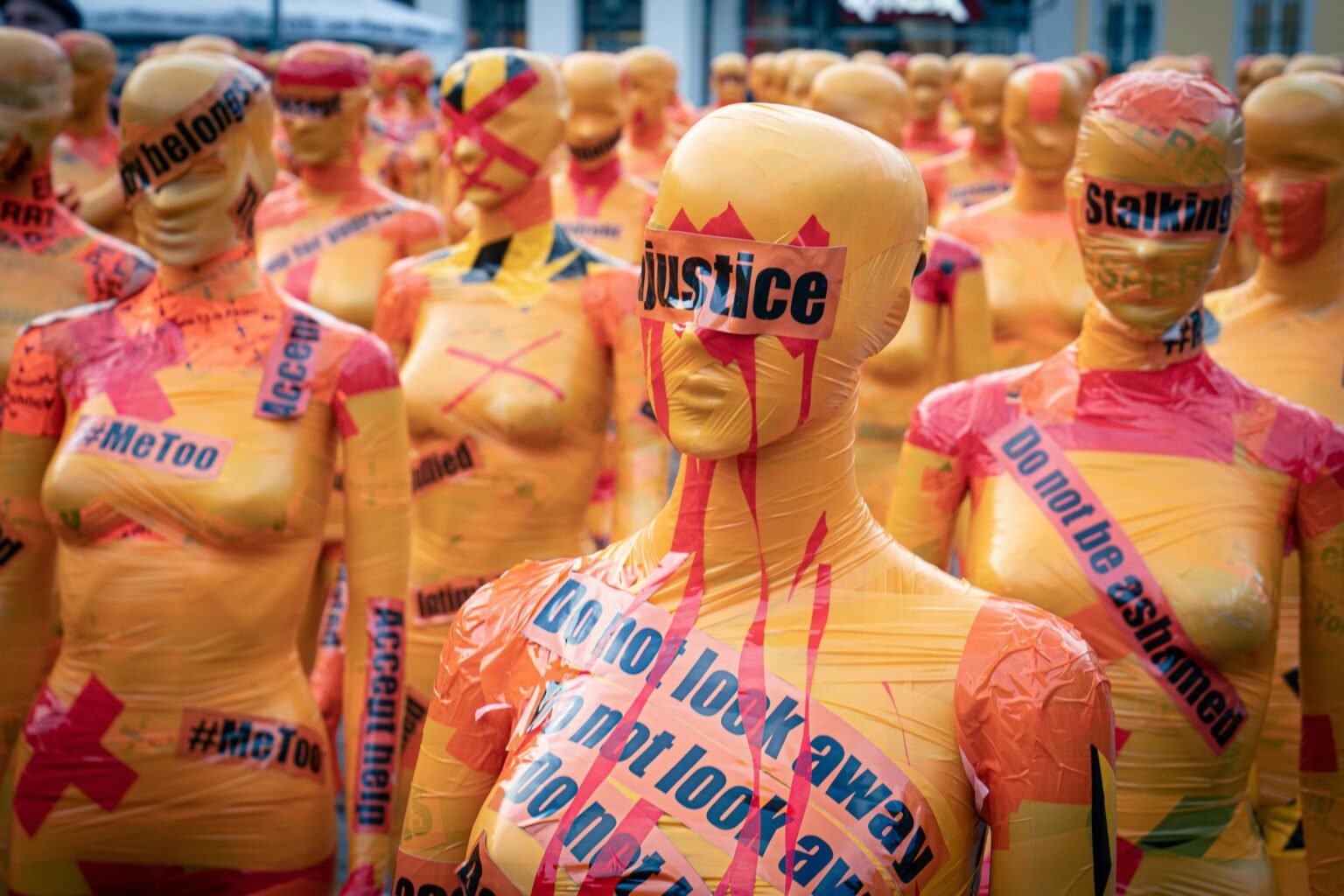Outline
- Introduction
- Definition of World Day of Social Justice
- Importance of the day
- Historical Background
- Origin of the day
- Key milestones over the years
- Theme for 2024
- Explanation of the 2024 theme
- Significance of the theme
- Global Significance
- Impact on different countries
- Key global initiatives
- Social Justice Issues Addressed
- Economic inequality
- Gender equality
- Labor rights
- Access to education
- Role of International Organizations
- United Nations’ involvement
- Contributions of NGOs
- Case Studies
- Successful social justice campaigns
- Lessons learned from past initiatives
- How Individuals Can Contribute
- Personal actions for promoting social justice
- Community involvement
- Role of Governments
- Policies supporting social justice
- Government programs and initiatives
- Corporate Responsibility
- Corporate social responsibility (CSR)
- Examples of companies promoting social justice
- Educational Institutions’ Role
- Incorporating social justice in curricula
- Schools and universities’ initiatives
- Media and Social Justice
- Media’s role in promoting awareness
- Influence of social media
- Challenges in Achieving Social Justice
- Ongoing barriers
- Strategies to overcome challenges
- Future of Social Justice
- Predictions for the next decade
- Long-term goals
- Conclusion
- Recap of key points
- Call to action
- FAQs
- What is World Day of Social Justice?
- How can I get involved in World Day of Social Justice?
- What are some examples of social justice issues?
- How do international organizations contribute to social justice?
- Why is social justice important?
World Day of Social Justice in 2024

Introduction
World Day of Social Justice is more than just a date on the calendar; it’s a call to action for individuals, communities, and nations to address and rectify the injustices that hinder equality and human rights. Celebrated annually on February 20th, this day emphasizes the need for social justice in areas such as poverty eradication, gender equality, and access to education. In 2024, the observance of World Day of Social Justice is set to be more significant than ever, given the global challenges we face today.
Historical Background
The United Nations General Assembly declared February 20th as World Day of Social Justice in 2007, with the first celebration taking place in 2009. The day was established to promote efforts in tackling issues like poverty, exclusion, unemployment, and the promotion of social integration. Over the years, various themes have been adopted to highlight specific aspects of social justice, reflecting the evolving challenges and priorities in the global landscape.
Theme for 2024
The theme for World Day of Social Justice 2024 is “Empowering the Disempowered: Bridging the Gaps.” This theme focuses on uplifting marginalized groups and ensuring that all individuals have the opportunity to participate fully in societal development. It highlights the importance of creating inclusive societies that provide equitable access to resources and opportunities, fostering a world where everyone can thrive.
Global Significance
Social justice is a cornerstone for peaceful and prosperous coexistence. Different countries adopt unique approaches to celebrating this day, tailoring activities to address local issues. Globally, initiatives range from awareness campaigns to policy reforms aimed at reducing inequality. International collaboration is key, with countries learning from each other’s successes and challenges.
Social Justice Issues Addressed
Economic Inequality
Economic inequality remains a significant barrier to social justice. It affects access to basic necessities, healthcare, and opportunities for economic advancement. Addressing economic inequality involves implementing fair wages, progressive taxation, and social protection programs.
Gender Equality
Gender equality is crucial for social justice. Efforts include combating gender-based violence, ensuring equal pay for equal work, and promoting women’s participation in leadership roles. Gender equality is not just a women’s issue but a human rights issue that benefits everyone.
Labor Rights
Fair labor practices are essential for social justice. This includes safe working conditions, fair wages, and the right to organize and bargain collectively. Ensuring that labor rights are respected can lead to more equitable and productive societies.
Access to Education
Education is a powerful tool for achieving social justice. Ensuring that everyone has access to quality education, regardless of their socio-economic background, is fundamental. Education opens doors to opportunities and helps break the cycle of poverty.
Role of International Organizations
United Nations’ Involvement
The United Nations plays a pivotal role in promoting social justice globally. Through its various agencies, such as the International Labour Organization (ILO) and the United Nations Educational, Scientific and Cultural Organization (UNESCO), it works to set international standards and support member states in their efforts to promote social justice.
Contributions of NGOs
Non-Governmental Organizations (NGOs) are crucial in advocating for social justice. They work on the ground, addressing specific issues, and providing support to marginalized communities. Their contributions include policy advocacy, education, and direct assistance.
Case Studies
Successful Social Justice Campaigns
One notable example is the global campaign against child labor led by the ILO. This campaign has successfully raised awareness and led to significant policy changes in several countries, resulting in a decrease in the number of children involved in hazardous work.
Lessons Learned from Past Initiatives
Past initiatives show that community involvement and local leadership are vital for the success of social justice campaigns. Engaging those directly affected by social injustices ensures that solutions are relevant and sustainable.
How Individuals Can Contribute
Personal Actions for Promoting Social Justice
Every individual can contribute to social justice in their own way. This can be through volunteering, educating oneself and others about social justice issues, or advocating for policies that promote equality and fairness.
Community Involvement
Community involvement is crucial for promoting social justice. By participating in local initiatives, supporting community organizations, and fostering inclusive environments, individuals can make a significant impact.
Role of Governments
Policies Supporting Social Justice
Governments play a key role in promoting social justice through policies that ensure fair distribution of resources, protect human rights, and provide social protection. Policies that address income inequality, access to healthcare, and education are fundamental.
Government Programs and Initiatives
Examples of successful government initiatives include social safety nets like unemployment benefits and food assistance programs. These initiatives help to reduce poverty and ensure that everyone has access to basic needs.
Corporate Responsibility
Corporate Social Responsibility (CSR)
Corporate Social Responsibility (CSR) involves companies taking responsibility for their impact on society. This includes ethical labor practices, environmental sustainability, and contributions to community development.
Examples of Companies Promoting Social Justice
Many companies are now incorporating social justice into their business models. For instance, some tech companies are investing in digital literacy programs to bridge the digital divide, while others are focusing on sustainable practices that benefit both the environment and society.
Educational Institutions’ Role
Incorporating Social Justice in Curricula
Educational institutions have the power to shape future generations’ perspectives on social justice. By incorporating social justice issues into curricula, schools and universities can educate students about the importance of equality and human rights.
Schools and Universities’ Initiatives
Initiatives such as service-learning programs and social justice clubs in schools and universities encourage students to engage with their communities and advocate for change. These programs provide practical experience and foster a commitment to social justice.
Media and Social Justice
Media’s Role in Promoting Awareness
The media plays a crucial role in raising awareness about social justice issues. Through reporting and storytelling, media outlets can highlight injustices and bring attention to marginalized communities.
Influence of Social Media
Social media has become a powerful tool for social justice activism. Platforms like Twitter, Facebook, and Instagram allow individuals and organizations to share information quickly and mobilize support for various causes.
Challenges in Achieving Social Justice
Ongoing Barriers
Despite progress, significant barriers to social justice remain. These include systemic racism, economic disparities, and political resistance. Overcoming these barriers requires sustained effort and commitment.
Strategies to Overcome Challenges
Strategies to overcome challenges include building coalitions, advocating for policy changes, and educating the public about social justice issues. Collaboration between governments, organizations, and communities is essential.
Future of Social Justice
Predictions for the Next Decade
In the coming decade, social justice efforts are expected to focus more on climate justice, as the impacts of climate change disproportionately affect marginalized communities. Additionally, technological advancements will play a role in addressing social justice issues.
Long-Term Goals
Long-term goals for social justice include eradicating poverty, achieving gender equality, and ensuring that all people have access to basic human rights. These goals require a global commitment and a collective effort.
Conclusion
World Day of Social Justice is a reminder of the importance of striving for a fair and equitable society. By addressing issues like economic inequality, gender equality, labor rights, and access to education, we can create a world where everyone has the opportunity to succeed. Let’s take this day to reflect on our roles in promoting social justice and take meaningful actions towards







